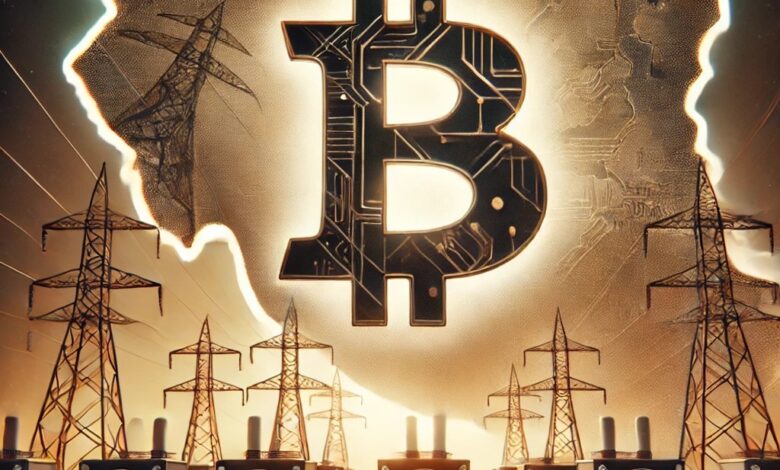
Understanding the Impact of Bitcoin Mining on Global Power Grids
Bitcoin mining has emerged as a lucrative endeavor for both companies and individuals. However, it also brings with it a host of significant challenges, particularly related to energy consumption. The surge in cryptocurrency mining activities can lead to increased electricity rates, weakened power grids, and even blackouts in various countries including Thailand, Venezuela, and Kazakhstan. Iran, too, has been experiencing intermittent power outages in its capital and surrounding regions, affecting both businesses and daily life.
The Role of Cryptocurrency Mining in Power Disruptions
While local authorities have identified multiple underlying factors contributing to these power issues, there is a growing suspicion that cryptocurrency mining plays a pivotal role. The recurring power outages in Tehran have prompted concerns among officials, who are now investigating the potential link between these disruptions and the activities of crypto miners.
Iran’s Escalating Power Demand
Iran has long struggled to meet its rising energy demands, largely due to international sanctions related to its nuclear program. Additionally, the government has sold portions of its power reserves to finance its budget, address regional conflicts, and remedy mismanagement issues. As a temporary solution, many Iranians have reduced their use of air conditioning as the weather has cooled in the fall months.
The country’s power shortages coincided with a significant surge in Bitcoin’s value in early November. Following the election of Republican Donald Trump, Bitcoin’s price began climbing, ultimately surpassing $100,000 in the first week of December. Some Iranian officials suspect that this increase in cryptocurrency’s value and the subsequent interest in the United States may have exacerbated Tehran’s power outages.
Impact on Residents and Local Industries
The rising strain on Iran’s power grid has attracted the attention of policymakers. Mostafa Rajabi, CEO of a government-owned power firm, reported that some individuals have exploited the country’s subsidized electricity for unauthorized crypto mining activities.
Power outages are a common occurrence in Iran, highlighting the country’s struggles to meet the growing demand and maintain aging infrastructure. Last summer, industrial areas near the capital experienced outages, followed by disruptions in Tehran’s neighborhoods in October and November.
Calls for Accountability from Iran’s Leadership
In response to the frequent power outages, Iran’s President Masoud Pezeshkian has directed some power plants to cease using mazut, a high-polluting fuel previously approved to address power shortages. Pezeshkian has emphasized the need for a fair and transparent assessment of the current situation.
Electricity in Iran is heavily subsidized, which has fueled the growth of cryptocurrency mining. These operations require significant amounts of power, depleting the nation’s reserves. According to Masih Alavi, CEO of Viraminer, the government faces difficulties in determining the power consumption of unauthorized mining facilities. He explained that these miners often use VPNs and rent apartments to conceal their rigs, distributing them across multiple locations to evade detection by authorities.
Conclusion
As Bitcoin mining continues to grow, its impact on power supplies and infrastructure cannot be overlooked. Countries like Iran must navigate the challenges posed by this burgeoning industry, balancing economic opportunities with the need for sustainable energy management. The push for accountability and transparency in addressing these issues is crucial for ensuring a stable and reliable power supply for all citizens.
“`






